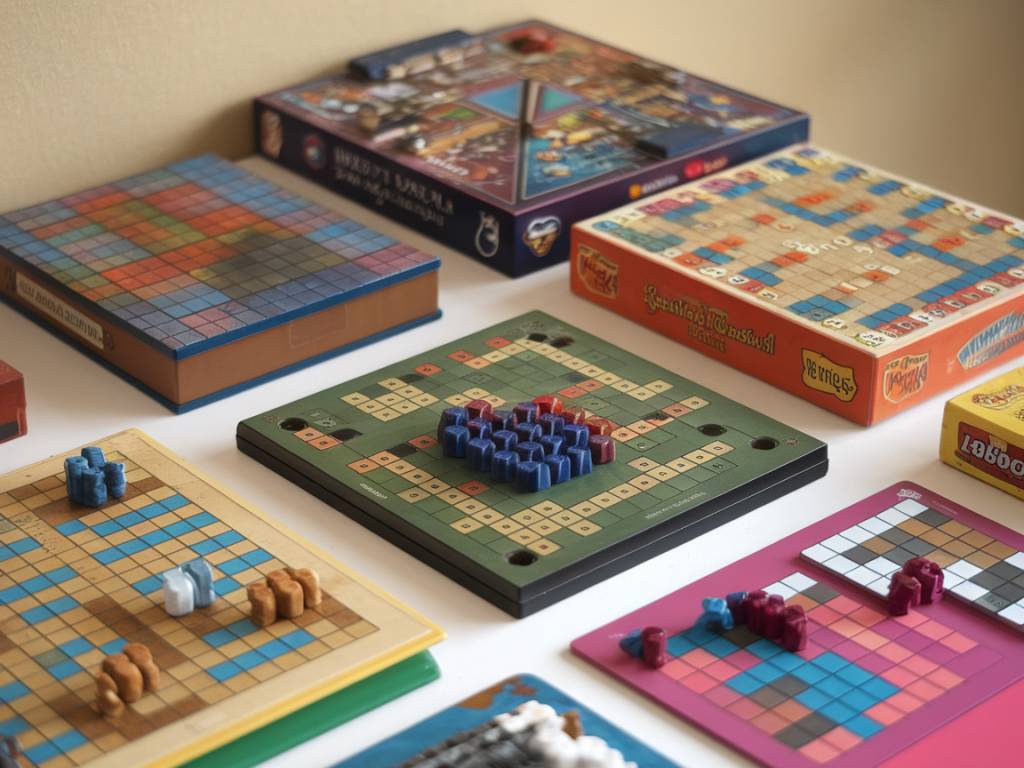8-game and 5-game: mixed game formats explained

Hey there, poker enthusiasts! 👋 Mason here, and today, we’re diving into the exciting world of mixed game formats, specifically the 8-game and 5-game mixes. These game formats are popular among players who enjoy variety and want to test their skills across different poker variants. If you’re tired of playing the same game over and over, mixed games might just be the breath of fresh air you need. Let’s break down what these formats are and how they work.
What Are Mixed Game Formats?
Mixed game formats combine multiple poker variants into one tournament or cash game structure. Instead of playing a single type of poker, players rotate through a set list of different games. This format challenges players to adapt their strategies and skills for each type of poker, making it a true test of versatility. The two most popular mixed game formats are 8-game and 5-game.
The 8-Game Mix
The 8-game mix is a rotation of eight different poker variants. This format is popular in high-stakes games and prestigious tournaments, including the World Series of Poker (WSOP). Each game in the mix tests different aspects of a player’s skill set, providing a well-rounded poker experience. The games included in the 8-game mix are:
- Limit Hold’em (HE) 🃏: The classic Texas Hold’em played with fixed limits on betting.
- Omaha Hi-Lo 8 or Better (O8) 🂡: Split pot game with high and low hands, utilizing four hole cards.
- Razz 🂱: Lowball variant of Seven Card Stud where the lowest hand wins.
- Seven Card Stud (7S) 🂾: Traditional stud game where the best five-card hand wins.
- Seven Card Stud Hi-Lo 8 or Better (S8) 🂿: Split pot game similar to Stud but with high and low hand considerations.
- Triple Draw Deuce-to-Seven Lowball (2-7 TD) 🃑: Draw game where players aim for the lowest possible hand.
- No-Limit Hold’em (NLHE) 🃎: The widely popular big-bet version of Texas Hold’em with no limit on betting.
- Pot-Limit Omaha (PLO) 🃍: High action game using Omaha rules with pot-limit betting.
The 5-Game Mix
While the 8-game mix offers a comprehensive poker experience, the 5-game mix is for those who prefer a slightly less complex rotation. It usually consists of some of the most popular variants and can serve as a great introduction to mixed games. The games in a typical 5-game mix are:
- Limit Hold’em (HE) 🃏: Classic Texas Hold’em with fixed limits.
- Omaha Hi-Lo 8 or Better (O8) 🂡: Omaha variant with high and low hands splitting the pot.
- Seven Card Stud (7S) 🂾: Traditional stud game where the best five-card hand wins.
- No-Limit Hold’em (NLHE) 🃎: The popular big-bet version of Texas Hold’em.
- Pot-Limit Omaha (PLO) 🃍: High action Omaha game with pot-limit betting.
How the Game Rotation Works
In both the 8-game and 5-game formats, play typically rotates through the game list at predetermined intervals. This interval could be based on time (e.g., every 20 minutes) or a set number of hands (e.g., every 10 hands). Understanding how the rotation works is crucial for maintaining your focus and adapting your strategy as the games switch.
Key Strategies for Mixed Games
One of the most exciting aspects of mixed games is the need to constantly switch gears. Here are some key strategies for excelling in mixed game formats:
- Stay versatile 🤹: Develop proficiency in each game to avoid glaring weaknesses.
- Adapt quickly 🚀: Be ready to adjust your strategy as soon as the game changes.
- Bankroll management 💵: Mixed games can be more volatile, so manage your bankroll accordingly.
- Focus on strengths 💪: Exploit your strengths while working on improving weaker areas.
- Read your opponents 🕵️: Mixed games often attract skilled players; understanding their tendencies is crucial.
Why Play Mixed Games?
Mixed games offer several benefits that you might not find in single-variant formats:
- Skill Development: Mixed games force you to become a more well-rounded player.
- Reduced Monotony 🔄: Rotating games keep the action fresh and engaging.
- Player Edge 🎯: The average player may struggle with certain variants, providing an edge for skilled players.
- Diverse Opportunities 🌐: Mixed games are featured in many prestigious tournaments, including the WSOP.
Getting Started with Mixed Games
Ready to dive into mixed games? Here are some tips to get you started:
- Study Up 📚: Familiarize yourself with each game variant. There are plenty of online resources and books available.
- Start Small 🏁: Begin with lower stakes or free online games to build your skills without financial pressure.
- Join a Home Game 🏠: Many poker enthusiasts organize mixed game nights. It’s a great way to practice in a relaxed environment.
- Watch and Learn 📺: Watch mixed game events online or attend live tournaments to see how the pros handle game transitions.
Tools and Resources
Improving your mixed game skills will require some tools and resources. Here are a few recommendations:
- Poker Books 📖: Books by authors like David Sklansky and Doyle Brunson cover a variety of poker variants.
- Poker Tracking Software 🖥️: Tools like PokerTracker can help analyze your play and identify areas for improvement.
- Training Videos 🎥: Websites offering training videos can provide valuable insights and strategies.
- Poker Forums 🌐: Engaging with the community can give you tips and advice from fellow players.
Mixed games provide a dynamic and challenging poker experience that tests all aspects of your game. Whether you’re looking to improve your overall poker skills or just want to break the monotony of playing the same variant, giving the 8-game or 5-game mix a try could be a rewarding venture. So, shuffle up and deal, and may the best hand win! 🃏✨

